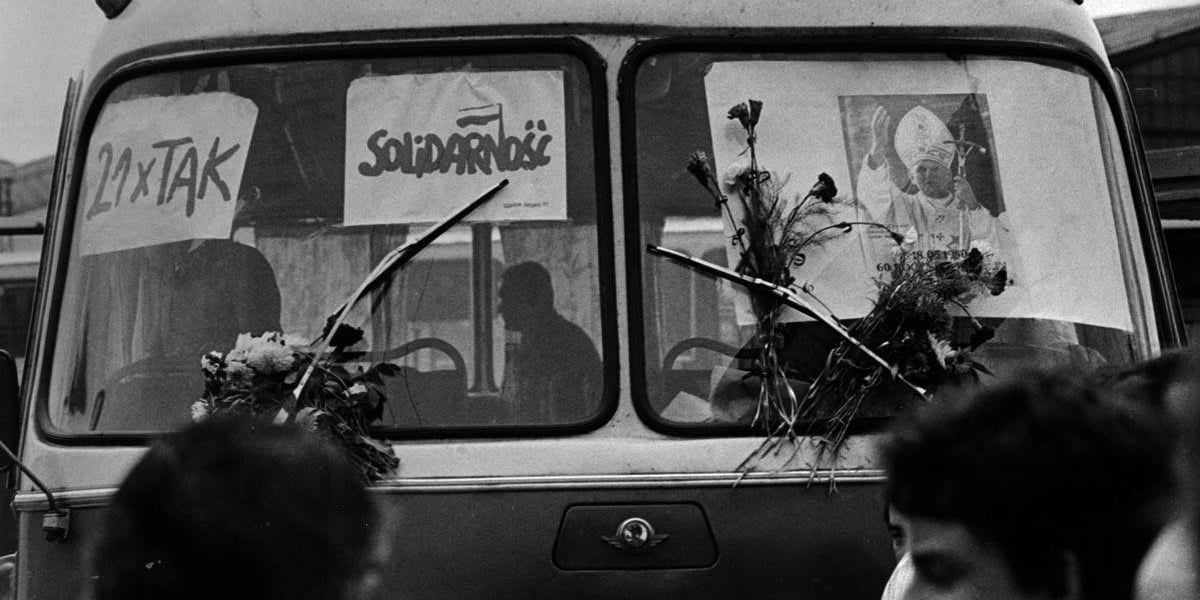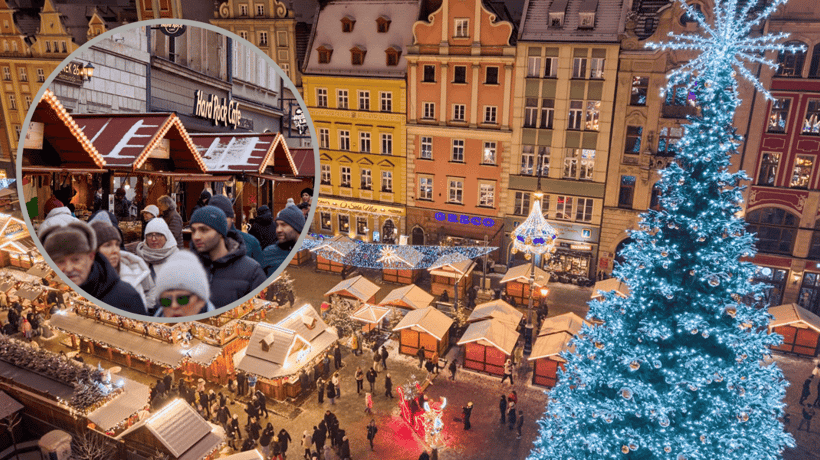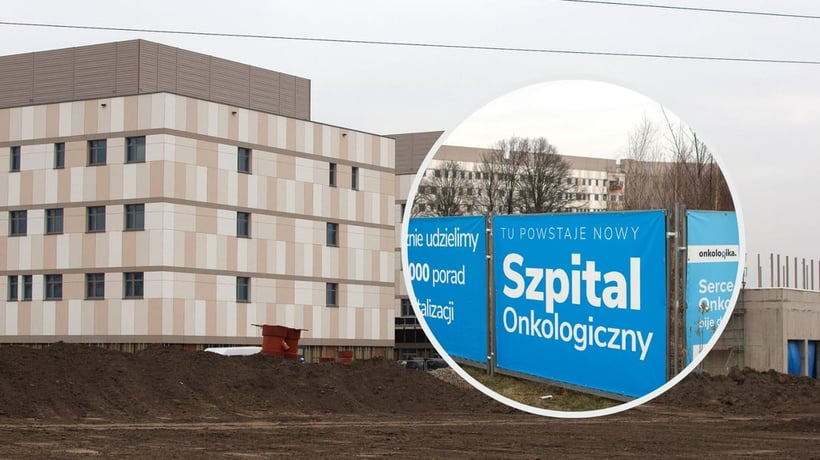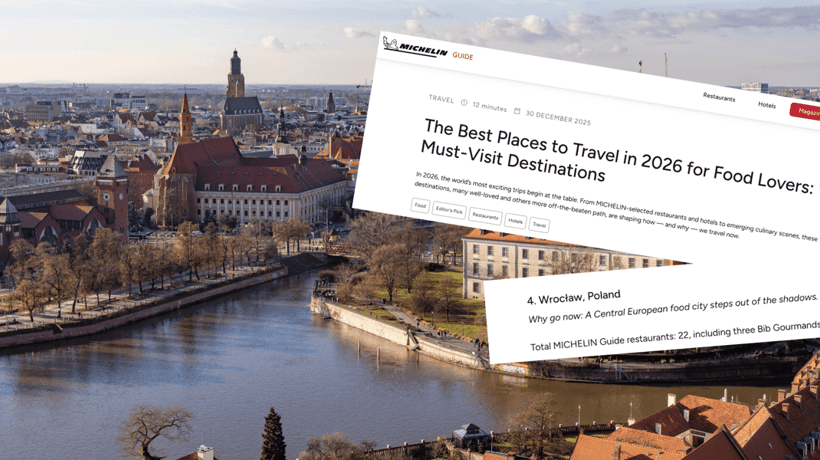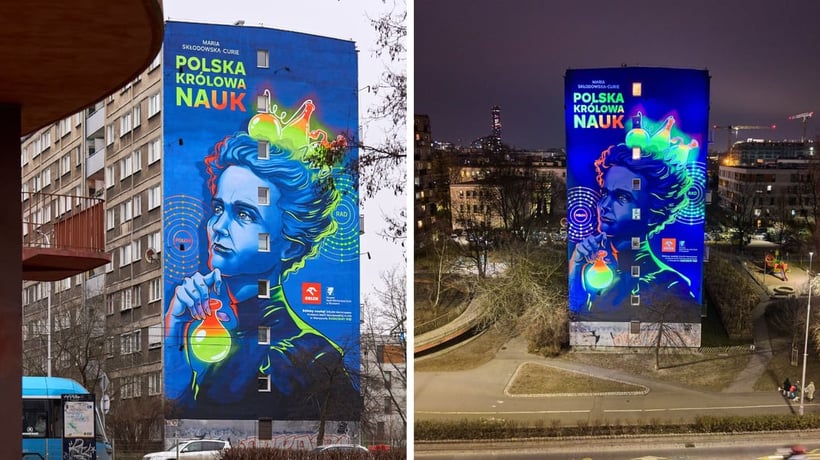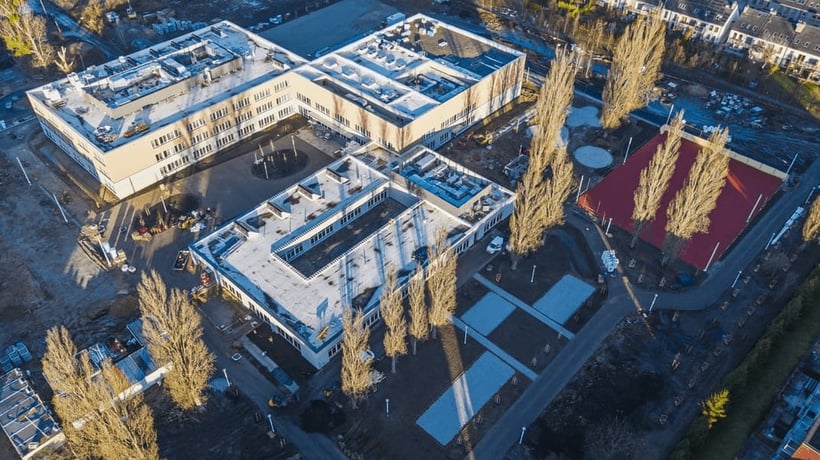‘The emergence of the Solidarity movement in Wroclaw had a special dimension for this city, helping to build and reinforce the Polish identity,’ says Marek Mutor, PhD, the director of the Zajezdnia History Centre. ‘In the events to be held during this year’s celebrations, we want to stress that what happened in August 1980, could prove successful only in the community aspect. The main heroes of the celebrations will be participants of the strike in the depot, who will receive honorary distinctions.
The rich program consists of several events that started long before the anniversary of the August 1980 events. Because of the epidemiological situation, some events have been transferred to the virtual world, but the most important item of the program – the opening ceremony of The depot strikes exhibition in the Zajezdnia History Centre – will take place as originally planned on 26th August. On that day, the culmination events of this year’s celebrations will also be held.
Program of the Wroclaw celebrations:
14th-25th August
- This is where the Solidarity was born – an exhibition of the Institute of National Remembrance | Square near the Main Railway Station (Wrocław Główny)
26th August, Zajezdnia History Centre
- 09:30 a.m. Start of the Race for the Solidarity
- 10:00 a.m. Laying of flowers at the memorial plaque
- Vernissage of the exhibition The depot strikes
28th August
- 12:00 p.m. Ceremony of granting the name of Tomasz Surowiec to the conference room in the Depot no. 9 at ul. Obornicka
- 3:00 p.m. Ceremony of granting the name of Kornel Morawiecki to the square between Środkowa and Szczepińska streets
30th August
- 12:00 p.m. Mass on the 40th anniversary of the mass celebrated during the strike in the depot at ul. Grabiszyńska | Church of Saint Klemens Dworzak
- 2:00 p.m. Presentation of the book Uśmiechnięty wojownik [A Smiling Warrior] from the White-Red Series cycle. Meeting with authors: Maria Wanke-Jerie and Małgorzata Wanke-Jakubowska | Zajezdnia History Centre
The current program is available on: www.zajezdnia.org
Calendar of strike events
- 17th August – Elaboration of 21 demands (Gdańsk).
- 18th August – Announcement of 21 demands (Gdańsk).
- 20th August – Jerzy Janiszewski creates the logo of the Independent Self-governing Trade Union "Solidarity".
- 25th August – The brochure with 21 demands reaches Wroclaw.
- 26th August – 03:40 a.m. – Buses ride out to the city streets. The brochure is read out in the Bus Depot no. 7 at ul. Grabiszyńska, where a decision is made to begin a strike.
- 26th August – 06:00 a.m. – Blocking of the depot gate.
- 26th August – Establishment of the Inter-Enterprise Strike Committee; couriers go out to contact other depots.
- 26th August – 12:00 p.m. – All depots go on strike. Return of the rolling stock. Proclamation to the inhabitants of Wroclaw.
- 27th August – 178 plants take part in the strike.
- 27th August – The depot is visited by Governor of the Wroclaw Province Janusz Owczarek. Roman Kołakowski gives a concert.
- 29th August – 04:00 p.m. – Mass in the Depot. Two cars depart to Gdańsk.
- 31st August – Participation in negotiations in the BHP Hall. Signing of 21 demands in Gdańsk.
- 31st August – 04:00 p.m. – Mass in the Depot. Concert of the Wroclaw Opera. Departure of the delegation from Gdańsk to Wroclaw and the signing of documents by Province Governor Janusz Owczarek.
- 1st September – Return of the delegation from Gdańsk. The strike ends. Buses ride out to the city streets.
For Gdańsk: a strike in the Bus Depot no. 7 in Wroclaw
Wojciech Kucharski
The social tension that culminated in the breakthrough events of August 1980 had mounted in Poland for a long time. Mass protests started already in July 1980, after an increase of meat prices. Most plants went on strike in the Lublin region. At that moment, the authorities managed to hush the situation with temporary compromises. Things seemed to be getting back into normal. The most important dignitaries went on holiday – for example, Edward Gierek paid a visit to Leonid Brezhnev in the Crimea – and a large part of Poles focused on watching sports competitions during the Moscow Summer Olympics. A sort of harbinger that heralded the approaching events was Władysław Kozakiewicz’s behaviour after his victory in the Olympic high jump competition. After breaking the world record in spite of the unsportsmanlike behaviour of the Soviet athletes and spectators, the Poles showed a gesture to the audience (and, implicitly, to the entire USSR) that was considered offensive by many, but it indicated that the Poles would win regardless of obstacles.
The press did not notice the storm approaching from the Polish coast. It lulled the society’s vigilance with articles about holidays, the weather by the sea, Frederic Chopin’s piano found in Mallorca, new acquisitions of the Ossolineum or the cinema premiere of The Star Wars. Few of us remember today that the biggest railway catastrophe in postwar Poland took place near Bydgoszcz in August 1980. Even the beginning of the August strike in Gdańsk was briefly summarised by dailies with a vague title: ‘Disruptions of the rhythm of work’.
After discussions on the night of 18th August, the famous 21 demands were published in Gdańsk (today they are inscribed into the UNESCO’s Memory of the World Programme). That was the first message communicated to the Polish society and the world that workers in Polish coastal cities fought not only for subsistence issues, but also for human rights (speaking in old terms – civil liberties).
This value of universal rights was recognised also outside Gdańsk. In Wroclaw, as early as 19th August, the editors of Biuletyn Dolnośląski – an opposition circle focused around Kornel Morawiecki and Jan Waszkiewicz – issued a brochure with an appeal to support the strike in Gdańsk.
A week later (exactly on 26th August), Tomasz Surowiec and Bohdan Jetz, two drivers supported by a pilot mechanic Czesław Stawicki, started a strike in the bus depot no. 7 at ul. Grabiszyńska (currently the seat of the Zajezdnia History Centre museum). Years later, Władysław Frasyniuk called Surowiec ‘Wroclaw’s Lech Wałęsa’. The protest was soon joined by other depots, and public transport in Wroclaw came to a halt within a number of morning hours. The strike in this workplace was hugely important because the city inhabitants waiting for buses and trams to arrive realised that something was happening from the early morning hours. Many memories recall one statement commenting upon the absence of the arriving bus on the cold morning of 26th August: ‘It has started’.
Meanwhile, delegates from various workplaces who decided to join the strike and “professional opposition activists” associated mainly with the Student Solidarity Committee and the Committee for Social Self-Defense KOR (KSS KOR), who had joined the fight for freedom at the end of the 1970s, began to arrive in the Depot at ul. Grabiszyńska. Among the initiators, there were: Jarosław Broda, Stanisław Huskowski, Piotr Starzyński, Krzysztof Turkowski and Tomasz Wacko. Later they were joined by professors Mirosława Chamcówna and Roman Duda, Jan Waszkiewicz, PhD, and many others. With their help, the strikers quickly organised an efficiently operating printing house, regularly issued strike messages that contained most important information about the progress of the strike, set up an information office located in one of the buses and created a strike guard. The number of arriving delegates rose every hour. In the afternoon of 26th August, it became so big that a decision was made to establish the Presidium of the Inter-Enterprise Strike Committee. The head of the Presidium became Jerzy Piórkowski – a driver from Grabiszyńska and a member of the Polish United Workers’ Party (PZPR), who enjoyed confidence and authority among employees. Thanks to the co-operation with activists from the Club of Catholic Intellectuals or, more precisely, with Maciej Zięba (then a physician, today a Dominican priest and philosopher), information about the strike reached Archbishop Henryk Gulbinowicz, who quickly expressed his support for the strikers in public. A visible sign of support from the Church were field masses celebrated in the Depot at Grabiszyńska on 29th and 31st August, officiated by students’ priest Stanisław Orzechowski. Masses were organised also in other depots. This relation between the Church and the striking workers can be regarded a characteristic Polish trait not encountered among workers’ movement anywhere else in the world.
Even today, the strikers remember the feeling of huge support from the city inhabitants – not only understanding that an important inconvenience had emerged in their life, but also active engagement, which manifested itself in delivering food and necessary materials, help in transport and communication around the city, or even throwing money through the bars of the locked depot. An extraordinary gesture was also made by the personnel of the Wroclaw Opera, who organised a concert of opera standards, including fragments of Stanisław Moniuszko’s The Haunted Manor, on the Depot square on 31st August.
Within 6 days, the number of strike committees associated in the Wroclaw Inter-Enterprise Strike Committee exceeded 170, with their range encompassing the entire territory of Lower Silesia. It has not been determined until today who put forward the idea of connecting the Wroclaw strike with the Solidarity. According to it, Wroclaw was to strike for Gdańsk rather than formulate its own demands. Years later, Kornel Morawiecki said that the Wroclaw strike changed the wind from the Polish coast into a storm over Poland. We want to believe that the idea of the Solidarity with a small and capital ‘S’ was born in Wroclaw exactly at that time.
A serious issue for the Wroclaw strikers was the lack of communication with Gdańsk. A few days after the end of the month, three delegations were sent to Gdańsk to learn what stage of negotiations had been reached and confirm the conclusion of agreements. The first delegation was detained by the militia in the train, the second one arrived in Gdańsk by a Škoda (driven by Bolesław Czernewcan, one of the passengers was Bogdan Ziobrowski) and the third one by a Fiat 125p (this delegation included Antoni Skinder and Hubert Hanusiak). After the Wroclaw delegates reached Gdańsk, Bogdan Lis took care of them. They were among workers in the BHP Hall in the shipyard during the signature of the August Agreements. However, they needed an authenticated copy of the agreements so that the strike in Wroclaw could end. They obtained it with Anna Walentynowicz’s signature from the Gdańsk Inter-Enterprise Strike Committee. On 1st September, around 4:00 a.m., delegates returned to the depot, where the content of the agreement was read in the presence of Governor of the Wroclaw Province Janusz Owczarek. A few hours later, buses and trams went out to the streets.
After around two weeks, delegates from all parts of Poland established one nationwide organisation: the Independent Self-governing Trade Union “Solidarity”.
For Wroclaw, a city that experienced an almost complete replacement of population in 1945 and continues to build its modern identity, the strike in the Depot at ul. Grabiszyńska is one of those foundations and moments when new inhabitants felt at home in the city that they had regarded as strange until then.
